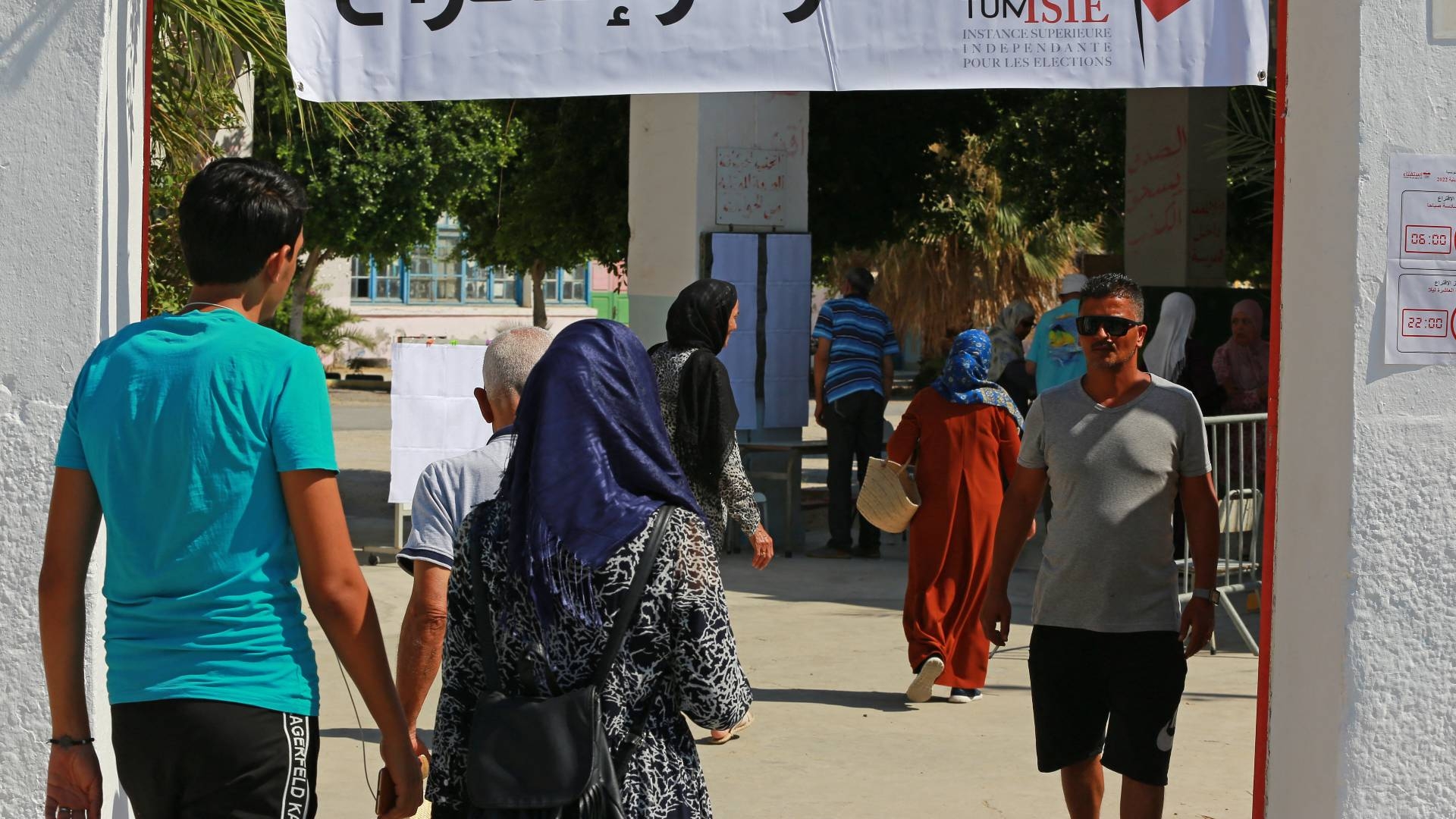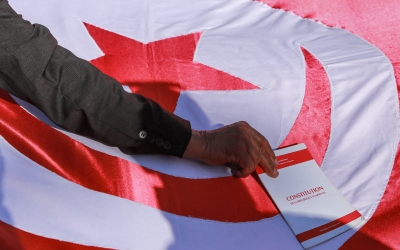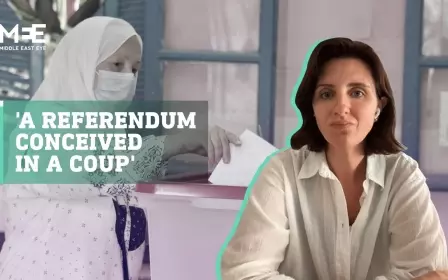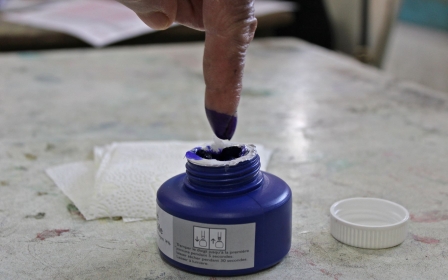Tunisia: Referendum on controversial constitution sees low turnout

Polls have closed in Tunisia as the country voted in a referendum on whether to grant the president sweeping powers, with one of the lowest turnouts in years.
The vote came exactly a year after a dramatic seizure of power that saw President Kais Saied unseat the government and freeze parliament, in a move critics have branded a "coup".
Preliminary figures from the electoral commission showed a turnout of just 27.5 percent, far lower than the 45 percent turnout of the 2019 parliamentary elections and less than half of the turnout in the 2014 elections.
An exit poll from Sigma Conseil showed that 92.3 percent of those who voted supported the new constitution.
Nine million Tunisians million were eligible to vote, but no minimum participation had been set for a "yes" vote to pass, and no provisions had been made for a "no" result.
Pictures of empty polling stations could be seen across the country, while beach coastlines were packed after the vote was boycotted by all of Tunisia's major political parties.
Since his 25 July 2021 power grab, Saied has ruled by decree, with critics describing his actions as undermining the democratic gains made by Tunisia after the 2011 Arab Spring uprising that drove longtime ruler Zine El Abidine Ben Ali from power.
Saied has denied claims of a coup and said his power grab was necessary to stamp out corruption and end Tunisia's political deadlock.
Reporting obstacles
Reporting on the vote was difficult for Tunisan press on the ground, as the National Syndicate of Tunisian Journalists said some journalists were prevented from going inside certain polling stations and that data on the vote was being withheld.
The syndicate also reported that both Tunisian and foreign journalists attempting to cover the vote faced security obstacles.
Election observers faced similar obstacles, with the Tunisian Association for Integrity and Democracy of Elections (Atide) having said that a number of observers were prevented from reporting on the referendum in various voting centres.
Meanwhile, five of the country's opposition parties have accused Saied of attacking his opponents in breach of a phase in which the president should remain silent on the election.
In a joint statement, the five parties - who are also affiliated with a campaign to boycott the referendum - also criticised the president’s speech, and said the violations reflect what they described as the fake nature of the referendum.
Solidifying one-man rule
The new constitution, written in just four weeks by a group of hand-picked jurists and law professors, would effectively end the country's hybrid parliamentary-presidential system in favour of a presidential system.
The system would give Saied the power to appoint the prime minister, other cabinet ministers, unilaterally dissolve parliament, and appoint judges.
There will be no protocol for removing the president - something which the previous charter allowed for if there was a "blatant violation of the constitution".
While there is still a two-term limit on the presidency, the 2014 provision that stipulated the constitution could not be amended to increase the number of terms has been removed.
When the draft constitution was first revealed last month, it was met with major opposition. International human rights groups said the referendum lacked a "legal basis, democratic legitimacy, inclusivity, accountability, and transparency".
Experts previously told MEE that despite the opposition and the low turnout, the new constitution will almost certainly pass and would kickstart a transition into an uncertain political future in the backdrop of a crumbling economy seeking relief from the International Monetary Fund.
Middle East Eye delivers independent and unrivalled coverage and analysis of the Middle East, North Africa and beyond. To learn more about republishing this content and the associated fees, please fill out this form. More about MEE can be found here.





